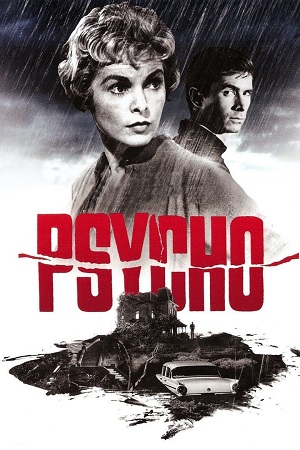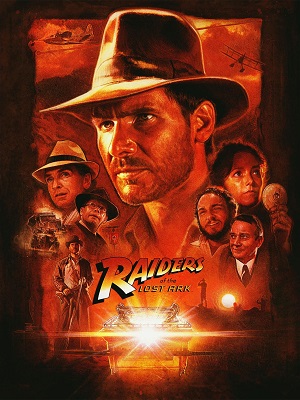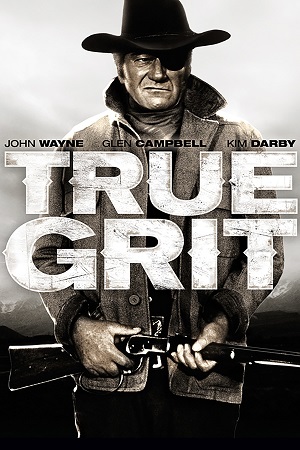Psycho(1960)

Psycho (1960) is a classic psychological horror film directed by the legendary Alfred Hitchcock. It is widely regarded as one of the greatest films in the thriller genre and has left an indelible mark on popular culture. The film's impact is evident in its enduring influence on subsequent horror movies and its iconic status in the history of cinema.
Psycho tells the story of Marion Crane, a secretary who embezzles money from her employer and goes on the run. She finds herself at the Bates Motel, a secluded establishment run by the enigmatic Norman Bates. What follows is a chilling and suspenseful tale of mystery, murder, and psychological intrigue that has captivated audiences for decades.
One of the most striking aspects of Psycho is its innovative approach to storytelling and filmmaking. Hitchcock masterfully subverts audience expectations and creates an atmosphere of tension and unease from the opening scenes. The film's infamous shower scene, in which Marion Crane meets a shocking demise, has become a defining moment in cinematic history. Through meticulous editing, sound design, and cinematography, Hitchcock crafted a sequence that continues to shock and thrill viewers to this day.
At the heart of Psycho is the character of Norman Bates, portrayed with haunting complexity by Anthony Perkins. Bates is a deeply troubled individual with a fractured psyche, and Perkins delivers a performance that is both sympathetic and menacing. The character's duality and inner turmoil add layers of depth to the film, elevating it beyond mere horror into the realm of psychological drama.
Another notable aspect of Psycho is its exploration of themes such as identity, obsession, and the nature of evil. The film delves into the darkest recesses of the human mind, posing profound questions about the nature of sanity and the depths of depravity. Through its characters and narrative twists, Psycho challenges audiences to confront their own fears and assumptions, leaving a lasting impression that lingers long after the credits roll.
In addition to its narrative and thematic richness, Psycho also boasts a groundbreaking score by composer Bernard Herrmann. The film's iconic shrieking strings and haunting melodies have become synonymous with suspense and terror in cinema. Herrmann's music perfectly complements Hitchcock's visual storytelling, creating an immersive and unforgettable auditory experience.
Psycho's enduring legacy is a testament to its enduring power as a work of art. The film continues to be studied, analyzed, and celebrated by filmmakers, scholars, and audiences alike. Its influence can be seen in countless works across various media, and its status as a cultural touchstone remains undiminished.
In conclusion, Psycho (1960) stands as a timeless masterpiece that continues to enthrall and unsettle audiences more than six decades after its initial release. Alfred Hitchcock's visionary direction, Anthony Perkins' unforgettable portrayal of Norman Bates, and Bernard Herrmann's evocative score all contribute to the film's enduring impact. Psycho remains essential viewing for anyone interested in the art of cinema and the power of storytelling to elicit fear, fascination, and introspection.
Related News
Top 10 Best Disney Villains Characters
When it comes to iconic characters, Disney has created some of the most memorable and captivating villains in the world of entertainment. From sinister sorcerers to cunning queens, Disney villains have left an indelible mark on popular culture. Here, we present the top 10 best Disney villain charact
Top 10 Scariest Movies of All Time
When it comes to the world of cinema, few genres have the power to captivate and terrify audiences quite like horror. Over the years, filmmakers have produced countless spine-chilling movies that have left viewers trembling in fear. From classic psychological thrillers to modern supernatural tales,
Memento(2000)
"Memento" is a neo-noir mystery psychological thriller film that was released in 2000. Directed by Christopher Nolan, the film is known for its complex narrative and unexpected plot twists. It has been praised for its screenplay, plot twist, and performances, particularly that of Guy Pearc
The Top 10 Best Action Movies of All Time
Action movies have been a staple of the film industry for decades, providing audiences with thrilling entertainment, heart-pounding stunts, and unforgettable characters. From classic blockbusters to modern masterpieces, the world of action cinema has given us some of the most iconic and adrenaline-p




Comment Record:
Reply to comments: